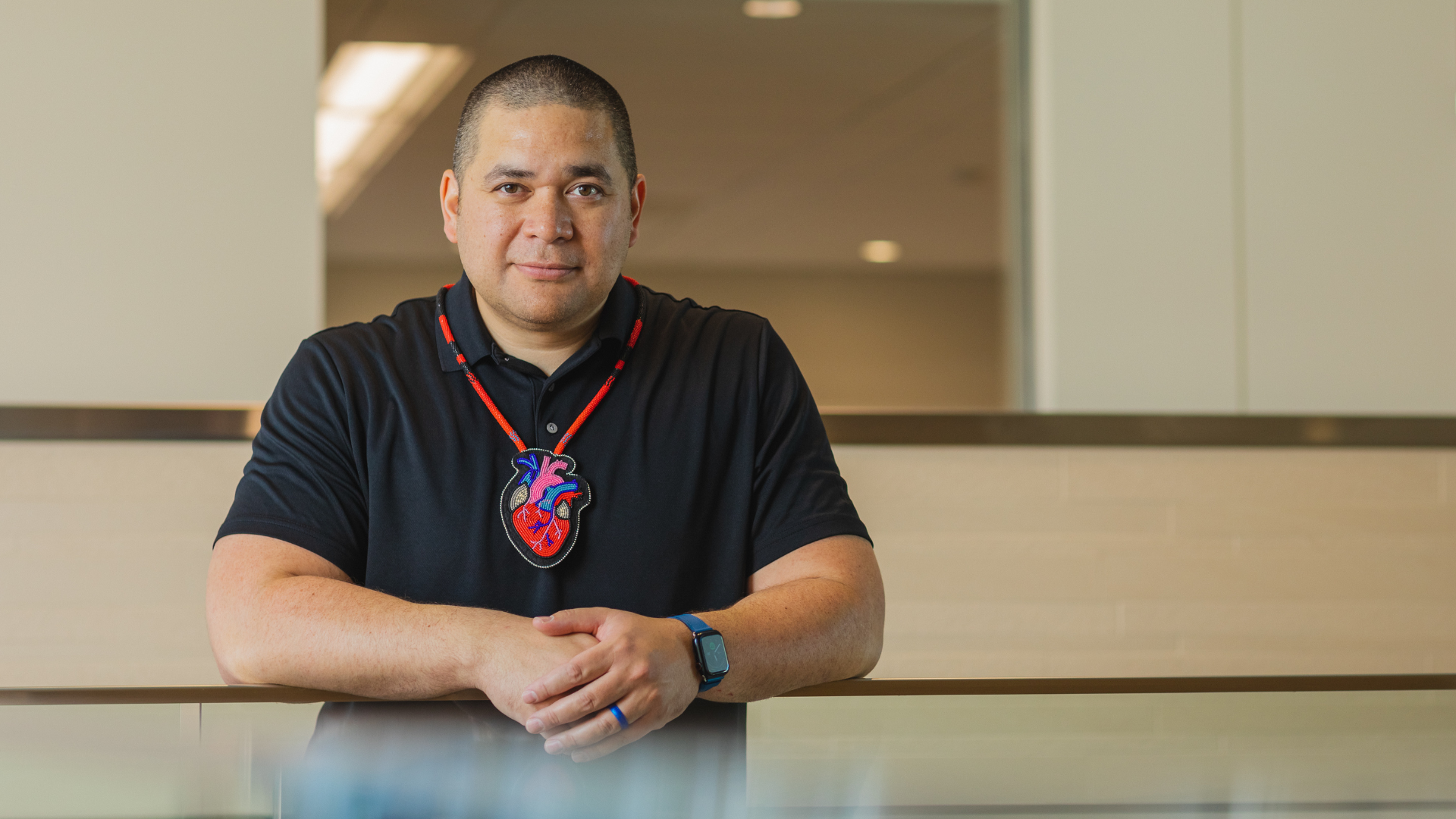HEALTH POLICY AND MANAGEMENT RESEARCH STAFF
Rick Hackett: Canadian healthcare needs agile leaders and bold visions for the future
May 3, 2019 ·
Contributed by: Rick Hackett, Professor, Human Resources and Management

“Our healthcare leaders will need to be resilient, agile, fast learners, smart and adaptable. They will need to be of high integrity and have a systems-wide, ‘big picture’ mindset,” writes Rick Hackett, Professor, Human Resources and Management.
The following was originally published in The Conversation on Thursday, May 2:
The way we live and work is being disrupted like never before. Various technological, demographic, economic, political and environmental forces are forcing us to rethink the way we run society’s key institutions.
Our global population is aging, the effects of climate change are more deeply felt with each passing day and industry must adjust its processes given the pace of technological advances.
While nearly all professional fields must adapt, healthcare, in particular, will need strong leadership to withstand these forces. Is the Canadian healthcare system ready? Does it have the leadership capacity to bring about adaptive system-level changes?
At McMaster University’s Health Leadership Academy (HLA), we just published new research in answer to this question.
Our white paper identifies key disruptive forces impacting the healthcare sector. The paper imagines alternative plausible futures and identifies the attributes that will be required of tomorrow’s leaders in any of these future scenarios.
Disruptive forces in healthcare
Our team carried out a full review of academic research in the field and also conducted a stakeholder dialogue with 60 experts from across the Canadian health system. We identified several driving forces that stand to impact Canadian health care:
Exponential advances in technology are fueling an ever-expanding knowledge economy and widespread job displacements. Examples include artificial intelligence, robotics, 3D-printing, smart phones, smart homes, precision medicine and diagnostics.
Economic disparities between the rich and the poor are growing and contributing to the populist movement and nationalism worldwide, with healthcare becoming increasingly inaccessible to the economically disadvantaged.
An aging population, coupled with other demographic shifts (such as the growth of a more multicultural population across Canada), places heavy demands on an economically stretched healthcare system. The growing challenges of mental health, addiction, drug trafficking and the opioid crisis add further pressures.
The rapidity and magnitude of climate change threatens the environment, but also the health and well-being of individuals. Not only does climate change bring heatwaves, flooding and other extreme events, it also impacts food security and increases the transmission season and the geographical range of many diseases.
Agility, integrity, ‘big picture’ thinking
Our research underscores the growing importance of transformational and shared leadership within health care.
No matter what the future holds, emerging health leaders must be able to identify, and have the courage to act upon, opportunities that present risk but also offer transformational change — to improve the patient experience.
For example, robots are now widely used in elder-care facilities throughout Japan. These robots take on human characteristics and help stem the loneliness of residents. There are even “cat bots,” as proxies for pets, in these elder-care facilities.
Here, advanced technologies are being harnessed to deal with a demographic crisis in Japan — a rapidly aging population with fewer young people to provide elder care. It took bold leadership to spearhead these initiatives (and overcome resistance grounded in the perceived emotional coldness of non-human caregivers). Here, one driving change (technology) was used to deal with the issues emanating from another of the driving changes (demographics).
Our healthcare leaders will need to be resilient, agile, fast learners, smart and adaptable. They will need to be of high integrity and have a systems-wide, “big picture” mindset.
They will also need to cultivate a dynamic community of shared leadership that includes patients and their families. For example, healthcare professionals might use design thinking as part of a broad and inclusive consultation.
The design thinking process builds empathy and a more nuanced understanding of how patients and their families feel, think and see their care experience. An example would be consulting directly with patients, family and care providers concerning their experiences on a palliative care unit, and implementing their ideas for bettering these experiences and improving well-being for all parties.
Diversity within leadership ranks
As for current system readiness, our research identified several deficiencies. There is little coordinated effort, for example, across provincial and territorial healthcare systems to pursue leadership development.
Without a collective, shared vision for what effective healthcare leadership should look like, navigating the disruptive forces at play will be quite challenging.
The global patient population is aging, but so too is the healthcare leadership workforce. Our research revealed that succession planning is not consistent, nor are selection practices for emerging health leaders.
The increase in cultural diversity across Canada must be considered in the design and administration of our future health system, given that the number of foreign-born immigrants now represent around a fifth of the Canadian population.
We must also integrate the unique healthcare and social needs of Indigenous populations as part of our collective responsibility towards Truth and Reconciliation. The health system must make culturally appropriate services more readily available.
Many of our research participants anecdotally shared that they still observe a significant lack of diversity within leadership ranks.
Bold and ambitious visions
Perhaps most pressing is the lack of incentives and available budgets for leaders to build bold and ambitious visions for healthcare organizations.
Bureaucratic institutional systems leave leaders with little autonomy and encourage them to make incremental low-risk changes instead. Priority allocations go to first-line health services, often forgoing “nice to have” items such as leadership development for employees.
While no one can predict the future, we call for action to cultivate environments within the health system for emerging leaders to develop.
For our part, McMaster University’s Health Leadership Academy will use the results of this research to update and adjust our leadership development programs — to better prepare leaders to navigate the disruptive forces ahead.
As budgets shrink, resources are constrained and patient needs sharply increase, the development of effective leaders is anything but “nice to have.” In fact, leadership development in health care has never been more important.















